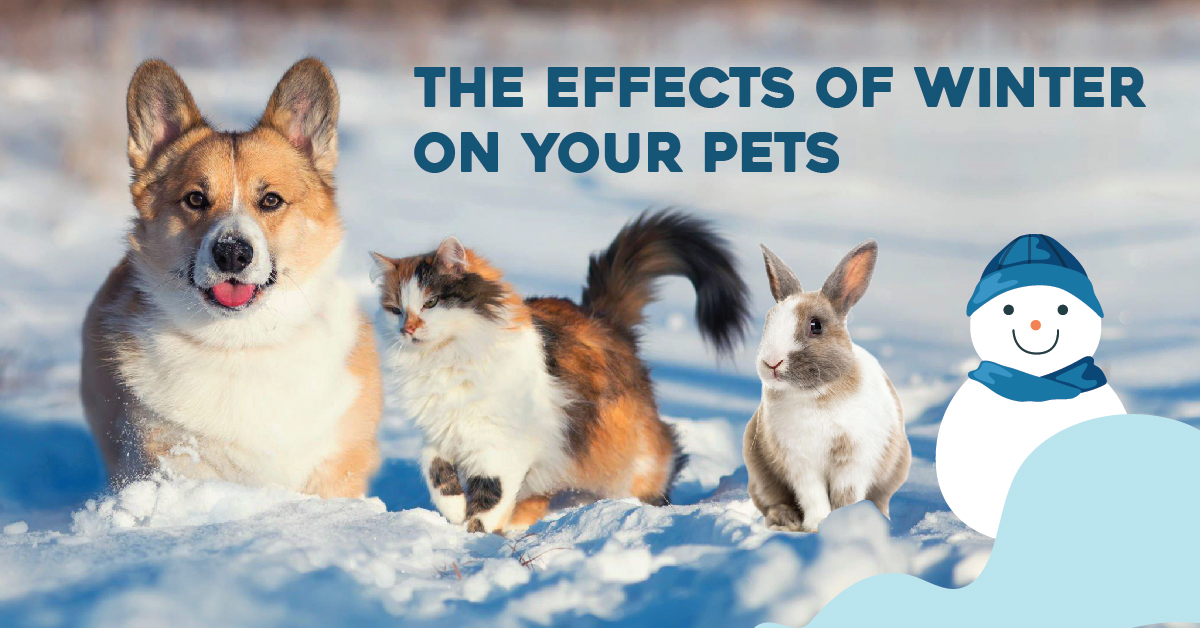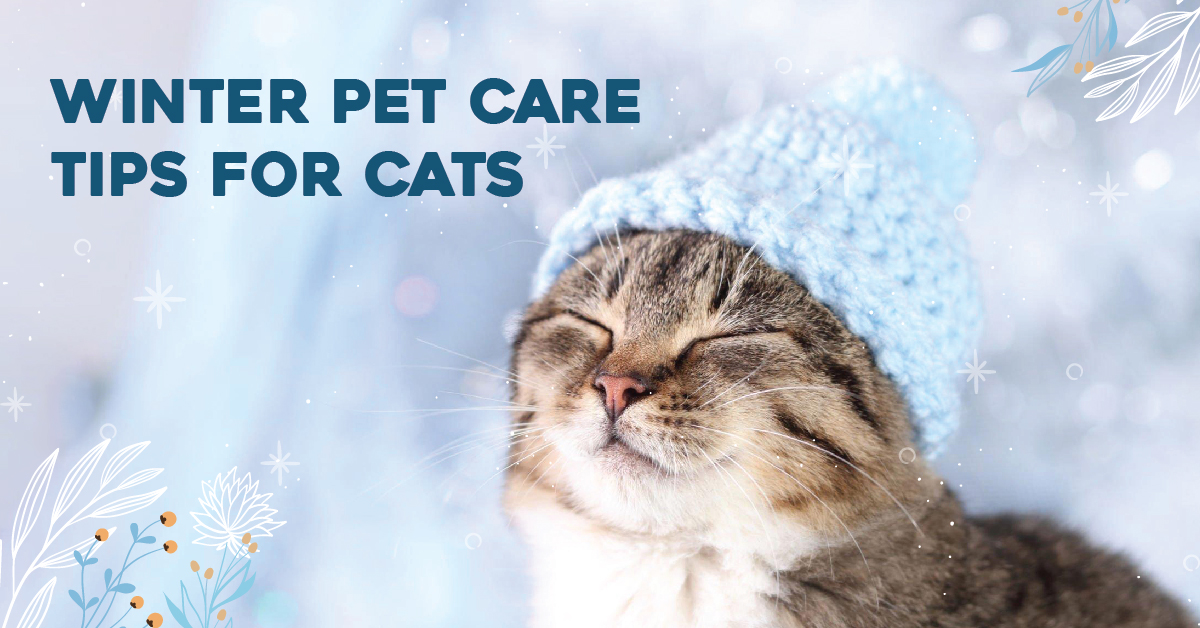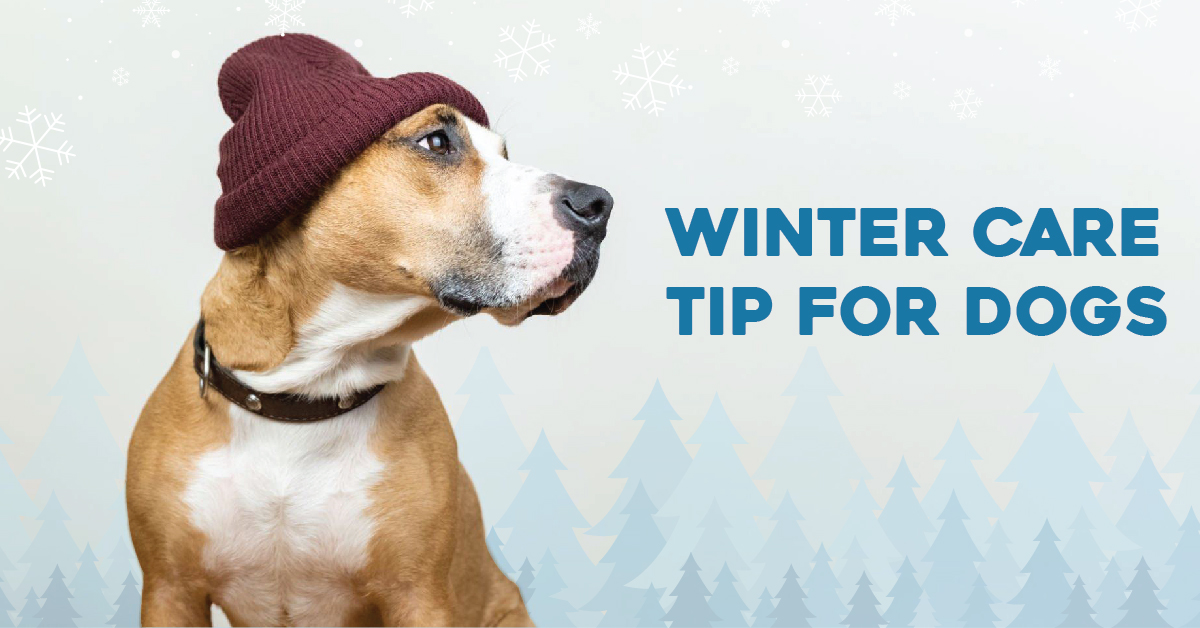Best Winter Pet Care Tips for your Cat and Dogs
Winters in India are a magical time, with snow-capped mountain peaks, cool and sunny plains, scenic beaches, warm deserts, and vibrant festivals. Winter in India typically begins in mid-November and lasts until late January, with significant local variations. As temperatures in most parts of the country range between 15-20 degrees Celsius, India becomes a hotspot for tourism and sightseeing, with an epic array of seasonal activities to enjoy. But what does this mean for your pets?
You're probably already aware of the dangers of hot weather and leaving pets in hot cars, but did you know that cold weather can be just as dangerous to your pets' health? Pets exposed to the effects of cold weather face a number of perilous challenges.
Here are some things to consider during the cold seasons of fall and winter. Preparing now will ensure that your dog or cat is safe and comfortable no matter how bad the weather turns out to be. When their pets are outside this winter, pet owners should be aware of the cold weather conditions.The temperature, weather conditions, and type of shelter available to a dog or cat can all make a significant difference in preventing cold weather pet emergencies.
We recommend that you do not leave animals outside overnight in cold weather, and that you do not leave them unsupervised when you are not at home. Even if they are only going to be outside for an hour, provide them with shelter and water.
When the next cold front approaches from the north and delivers harsh cold to our doorstep, you'll most likely go for your winter coat and switch on the heating! While we can easily bundle up in the cold, our dogs usually require a helping hand (or paw) to remain warm.
But how can you tell if your cat is becoming too cold? Is the fur coat of a dog or cat adequate, or do they require something more? In the cold, how do you keep your dog’s warm? Today, Augie will share some winter pet care advice for cats and dogs.
The effects of winter on your pets:
One of the most common problems caused by cold weather is hypothermia. Wet fur combined with cold weather can be hazardous to dogs and cats and contribute to hypothermia. Submersion in cold water for an extended period of time, as well as shock, are other causes of hypothermia.

Frostbite is tissue damage caused by cold temperatures. Frostbite in pets can range from mild to severe, and it most commonly affects the tips of your pet's tails, ears, and toes. Frostbite severity is determined by the pet's size, age, fur thickness, and time spent outside in the cold.
Antifreeze, rock salt, and other ice melting chemicals are frequently used to keep automobiles running and to melt snow so that wintery sidewalks, driveways, and roads are simpler to manage. However, antifreeze may include ethylene glycol, a sweet-tasting chemical that is toxic to dogs.
Winter Pet care tips for Cats:
Cats normally want a good snuggle or a blanket to keep them warm. Always keep a nice blanket, towel, or pet bed out in a warm room for them to snuggle up on their own when they need to relax. If you have an older cat that suffers from arthritis, try purchasing a pet bed intended to relieve hurting joints, which may be worse in the winter months.

Remember to feed them a good food to maintain their coat thick and to assist them regulate their body temperature. Make sure your heating system is dependable, especially if you will be leaving your cat home alone for extended periods of time.
Before you go out to purchase your bread and milk, see whether you need to add cat food, treats, or litter to your shopping list. Secure entrances and exits to avoid leaving your cat outside in the cold. As previously said, feeding them a balanced food can help them keep a thick coat, promote a robust immune system, and prevent frequent winter maladies such as upper respiratory infections.
Keep your pets hydrated - Dehydration isn't only a summer issue. Dehydration can be exacerbated by dry heat in the winter, so make sure your cat has easy access to fresh water.
Winter Care tip for Dogs:
Depending on the type of breed your dog is, it requires different strategies of care. But the basics remain the same. Check to see if your dog has any medical conditions that make them more susceptible to colds. Take your dog to the veterinarian for a check-up before the season begins.

When it comes to climate, age is more than just a number. Because extremely young and very elderly dogs, like people, have difficulty controlling body temperature, they have more dramatic responses to changes in weather. Snowball fights may be too much for their more sensitive constitutions. Keep senior pets and pups inside as much as possible.
Even a huge furry inside dog will require some time to adjust to frigid weather. Short walks outside will assist your dog's body adjust to the weather change. New indoor games keep indoor activities interesting. There are also a plethora of indoor interactive dog activities available to provide your dog with a pleasant method to gain both mental and physical exercise.
De - icing chemicals, like as sodium chloride (rock salt) and calcium chloride, are applied to city surfaces to keep walkways safe for pedestrians but can harm paw pads. Make certain that your dog's feet are clean. Some folks put a bucket at the door to rinse their dog's feet when they come in from outside. Use warm water and be careful to get between your toes and pads.
Some dogs will also require paw balm or a moisturiser to prevent dry skin.
We have an ideal mix of Products and Services that can aid you in your efforts to take care of your pets. We work with different pets viz.
Dogs / Cats / Other pets You can reach out to us and we can aid you.
Looking forward to working with you Have a great Day Ahead!!





